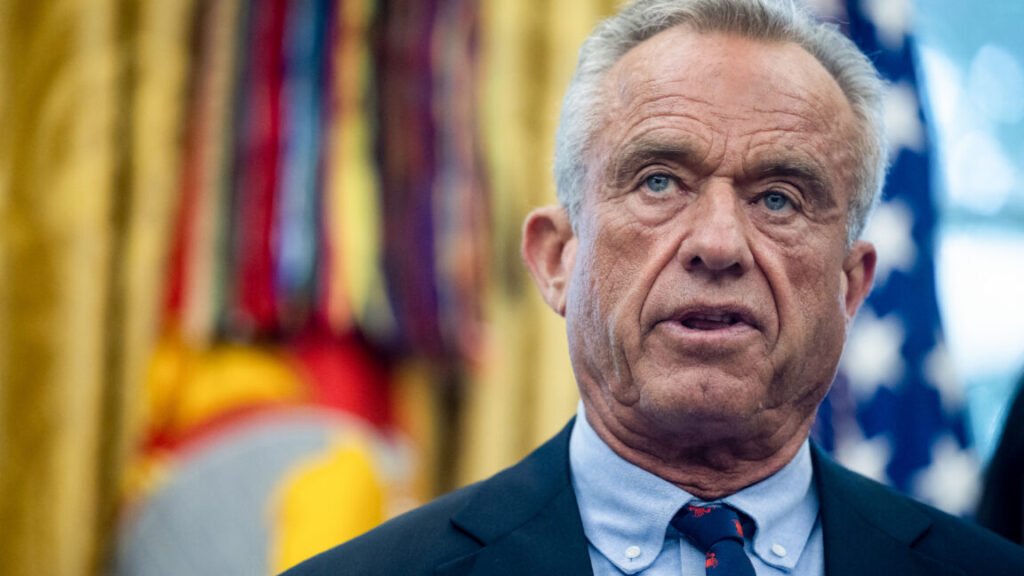Previously, the FDA narrowed the shots’ labels to include only people age 65 and older, and those 6 months and older at higher risk. But the ACIP recommended that all people age 6 months and older could get the shot based on shared decision-making with a health care provider. Although the shared decision-making adds a new requirement for getting the vaccine, that decision-making does not require a prescription and can be done not only with doctors, but also with nurses and pharmacists. Most people in the US get their seasonal COVID-19 vaccines at their local pharmacy.
Ars Technica reached out to the HHS on Thursday about whether there was a determination on the COVID-19 vaccine recommendations and, if not, when that is expected to happen and why there is a delay. The HHS responded, confirming that no determination had been made yet, but did not answer any of the other questions and did not provide a comment for the record.
In past years, ACIP recommendations and CDC sign-offs have happened earlier in the year to provide adequate time for a rollout. In 2024, ACIP voted on COVID-19 vaccinations in June, for instance, and then-CDC Director Mandy Cohen signed off that day. Now that we’re into October, it remains unclear when or even if the CDC will sign off on the recommendation and then, if the recommendation is adopted by the CDC, how much longer after that it would take for states to roll out the vaccines to children in the VFC program.
“Children who depend on this program, including children with chronic conditions, are still waiting unprotected. The delay in adopting COVID-19 vaccine recommendations puts their health at risk, reduces access and choice for families, and puts a strain on providers who want to deliver the best care for their youngest patients,” Susan Kansagra, the chief medical officer of the Association of State and Territorial Health Officials, said in a statement to Stat.
For now, children and adults with private insurance have access to the shots without the final sign-off, and health insurance companies have said that they will continue to maintain coverage for the vaccines without the final federal approval.

